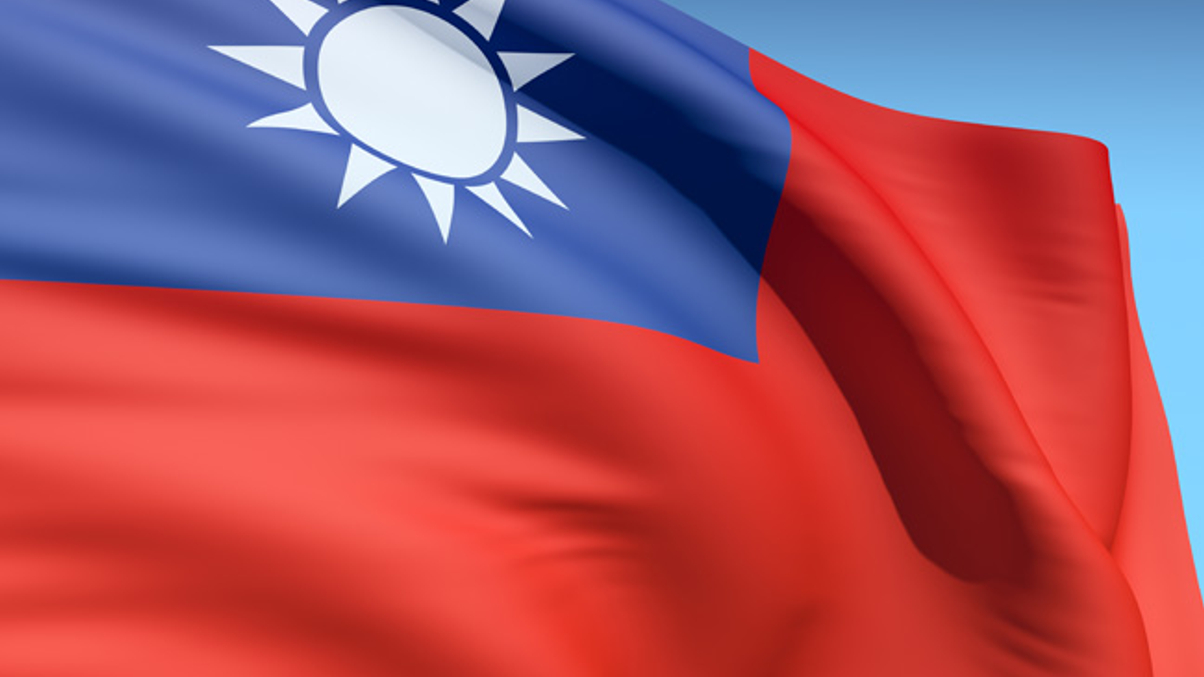Taiwan eyes expansion of offshore RMB products
The Taiwan Stock Exchange is preparing to introduce renminbi-denominated ETFs and stocks, indicating that Beijing will grant an RQFII quota to the island soon.

The Taiwan Stock Exchange is studying the feasibility of expanding its offshore RMB product, with renminbi-denominated exchange-traded funds and stocks likely to be offered on the exchange.
Sign in to read on!
Registered users get 2 free articles in 30 days.
Subscribers have full unlimited access to AsianInvestor
Not signed up? New users get 2 free articles per month, plus a 7-day unlimited free trial.
¬ Haymarket Media Limited. All rights reserved.


